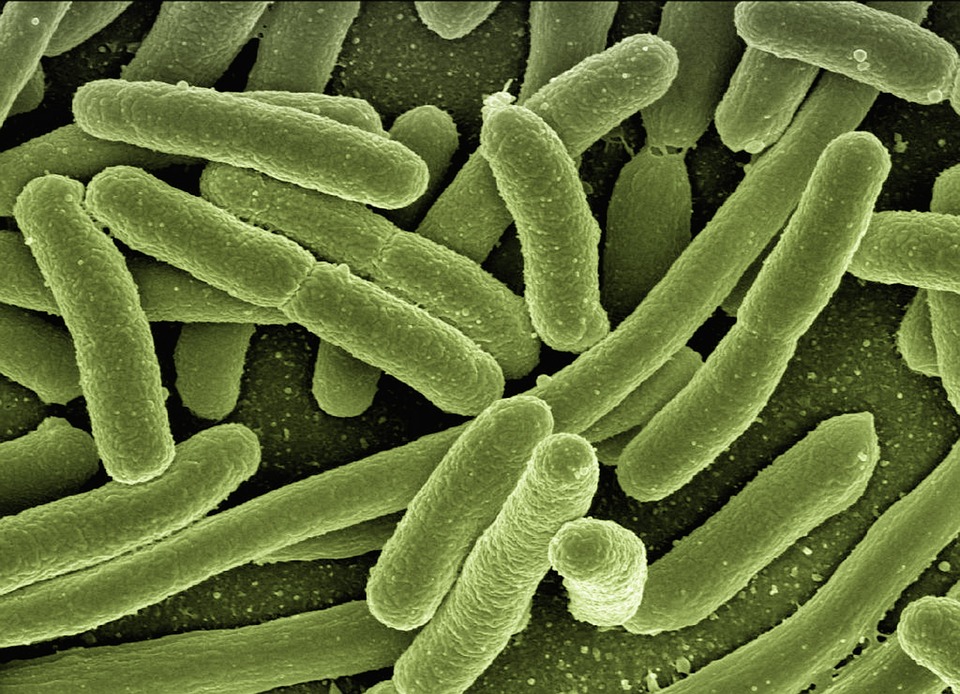Introduction
Vaccines play a crucial role in preventing the spread of infectious diseases and protecting individuals and communities from their detrimental effects. By stimulating the immune system to recognize and fight specific pathogens, vaccines have significantly contributed to the eradication and control of numerous diseases throughout history.
The Importance of Vaccination
Vaccination is a vital tool for disease prevention, offering several key benefits:
1. Disease Eradication
Vaccines have played a critical role in eradicating diseases such as smallpox, which was declared eradicated in 1980. This success story is testament to the power of vaccines in completely eliminating deadly diseases from the face of the earth.
2. Disease Control
Even for diseases that have not been eradicated, vaccines are essential for controlling their spread. By vaccinating a significant portion of the population, a phenomenon known as herd immunity is achieved. This indirectly protects vulnerable individuals who cannot be vaccinated due to medical reasons, as the likelihood of the disease spreading is greatly reduced.
3. Reduced Mortality and Morbidity
Vaccines have saved countless lives and prevented severe illness and complications associated with infectious diseases. For instance, childhood vaccines protect against illnesses such as measles, mumps, rubella, and pertussis, reducing the risk of hospitalizations, disability, and death among children.
Vaccine Safety
Ensuring the safety of vaccines is of utmost importance to public health. Rigorous testing and monitoring processes are in place to ensure that vaccines are both effective and safe for use. Extensive clinical trials and post-approval surveillance provide data on efficacy, potential side effects, and adverse reactions.
Common Myths and Misconceptions
Unfortunately, misinformation surrounding vaccines has led to some skepticism and hesitancy among certain individuals or communities. It is crucial to address these misconceptions to promote vaccine acceptance and encourage their widespread use.
1. Vaccine-Induced Autism
One of the most persistent and debunked myths is the link between vaccines, particularly the measles-mumps-rubella (MMR) vaccine, and autism. Numerous large-scale studies have conclusively demonstrated that there is no such association.
2. Weakened Immune System
An often cited misconception is that vaccines weaken the immune system. On the contrary, vaccines strengthen and train the immune system by introducing harmless components of a pathogen. This helps the immune system recognize and fight off the actual disease-causing agent, providing necessary protection.
Conclusion
Vaccines have undeniably revolutionized disease prevention and have had an enormous impact on public health. From eliminating deadly diseases to controlling their spread and reducing mortality and morbidity rates, vaccines are a cornerstone of modern medicine. Ensuring their safety, addressing misconceptions, and promoting vaccine acceptance are vital for achieving optimal disease prevention and protecting the health of individuals and communities.




